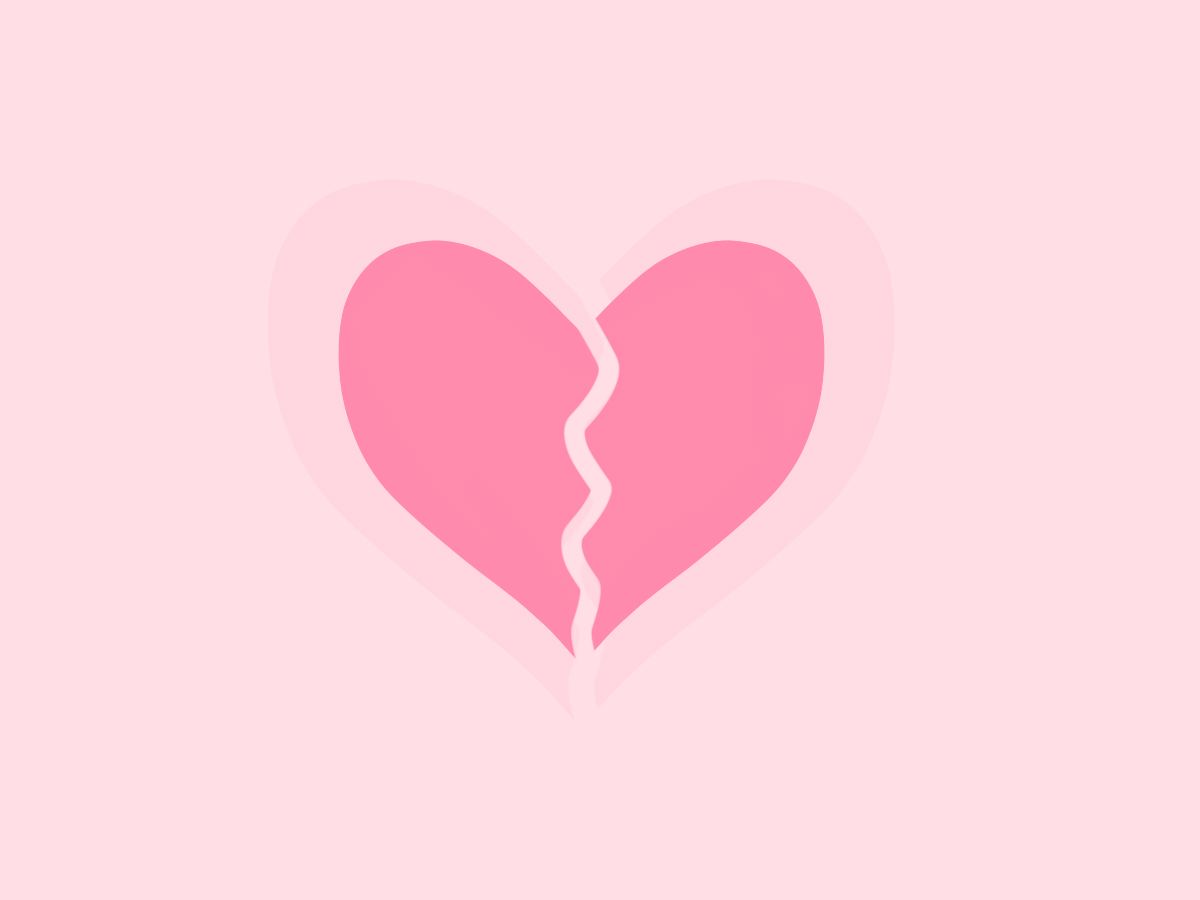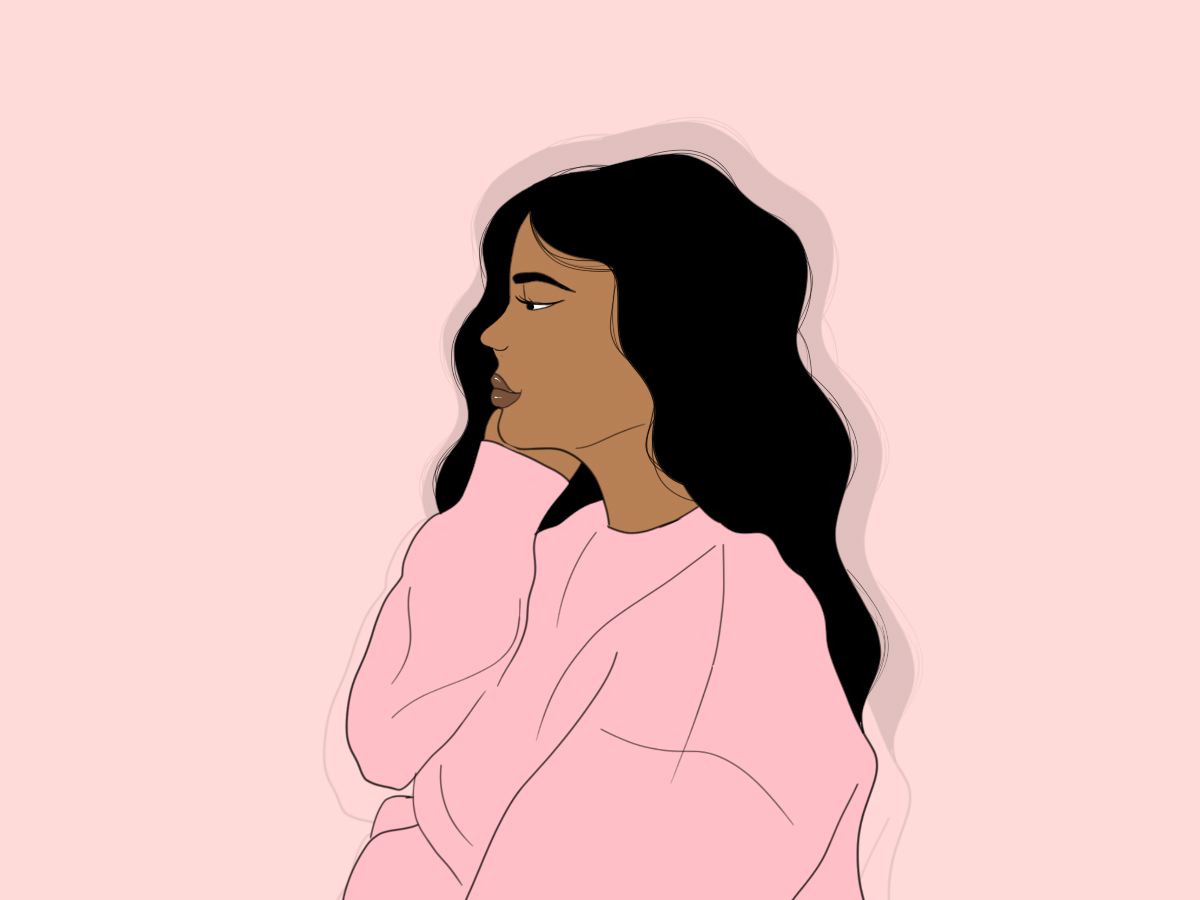It is normal to outgrow a relationship. We take for granted that people change over the years and expect relationships to outlast all of these changes. But when a relationship was toxic, how do you cope afterwards? Recovering from a toxic relationship is never easy. Bad relationships can hurt, but toxic relationships can burn – leaving you with physical scars and emotional turmoil. People will tell you that time heals all wounds. But for toxic relationships, time can bring you clarity to the way the relationship has affected your whole life. Your self-esteem, your sense of trust in others and the way it has completely changed your perspective on friendships and intimacy. Realising the negative effect an unhealthy relationship has had on you can be distressing and daunting when you want to get back out there, make friends and find love.
So how do you deal with a toxic relationship moving forwards when it feels like a stain on your confidence and identity?
Recovering from a toxic relationship as a newly single person
There is a sad societal pressure that makes people feel like failures when relationships end. You might feel challenged to prove to others that you did truly try everything to save it. There is also pressure to show you can move on by starting a new relationship. It can be difficult to tell if you’re ready to move on. As much as you might want to move into a new relationship straight away, it might not be what’s best for you. A bad relationship can leave you with a lot of hurt, sadness and anger that you don’t want to bring as baggage to your new relationship. Bad relationships have the potential to change people. It’s your responsibility to make sure that change isn’t projected onto your new partner.
You can miss the person who has hurt you and still acknowledge that the relationship is better ended than continued. These feelings can be confusing, especially if the relationship ended with an argument or tears. You can miss the good moments you had with a person and still come to the conclusion that the relationship is now toxic. Sometimes people can feel guilt-tripped into keeping toxic relationships going. But putting your safety, peace of mind and mental health first after a toxic relationship is paramount.
Recovering from a toxic relationship is not limited to romantic or platonic relationships. Relationships with relatives can also be toxic. You might experience added pressure to maintain a relationship with a relative to keep the peace. But toxicity is toxicity regardless of whether it’s coming from a childhood friend, a lover or a blood-relative.
Recovering from self-blame and guilt after a relationship breakdown

It’s easy to look back on a relationship and criticise your own behaviour, wishing you could have saved it. Wish you said the right things, were kinder to your friend/partner or were in a better place in your life to accept the responsibility of a relationship. It’s even harder when you look back and see that you were a primary factor in the breakdown of your relationship.
You can learn something from even the worst relationships to take with you into your new relationships. The mistakes you’ve made don’t have to define you if you acknowledge them. Therapy can be a helpful avenue for people who want to understand more about themselves. It can help you understand why you might fall into patterns of arguments or manipulation. Don’t beat yourself up! It takes time to recognise patterns of bad behaviour in both others as well as yourself. Trained therapists can help you look at your behaviour from a clinical point of view. Counsellors can give you room to vent your feelings in a safe and confidential environment.
You can experience guilty feelings if you look back at a toxic relationship and question why you didn’t leave sooner. Your priority should be making sure that you are safe and independent from the source of your toxicity.
Dealing with the fallout from an abusive relationship
Being a victim of abuse is not a reflection of who you are. But it can feel the opposite when you’re dealing with the fallout from emotional manipulation and or physical abuse. There is a common misconception that strong people don’t fall victim to abusive relationships. And if you see yourself as strong, independent and confident, you might make the mistake of rejecting the reality that you’re still in an abusive relationship right now. Even strong-willed confident people can have their self-image and happiness chipped away by manipulation and abuse.
When you come out of an abusive relationship, the result of emotional abuse can be hard to recognise. You might be left with paranoia and distrust surrounding relationships. On the extreme end of things, you could even experience trauma surrounding intimacy, flashbacks, anxiety or depression. These symptoms can be expressed in unexpected ways like self-sabotaging new relationships by starting fights or feeling an intense fear of abandonment. In this case, you should utilise any help you can get from close, trusted friends and family. Or seek professional help to ensure your safety and happiness going forward. There’s no shame in asking for help.
Sometimes, abusive ex-friends or ex-partners might try to rekindle a relationship with you. It might even be difficult for you to resist going back once you’re reminded of the better times you had together. But you should always be your own number one priority when it comes to your mental health and wellbeing. It can also be tempting to rely on your toxic ex for closure but it is important not to wager your healing on an apology that may never come.
You are not to blame for someone else’s bad behaviour no matter how much they might say so. Learning the strength required to believe in this mantra takes time but healing is possible for everyone.
Moving on into new healthy relationships
Don’t expect to feel like the exact same person moving forwards after a toxic relationship. Toxic relationships change you and that’s okay. But the way it changes you is up to you.
Regardless of your past in a toxic or abusive relationship, you are still worthy of love. If you made mistakes in your past relationships that you aren’t proud of, you aren’t condemned to take them into your new relationships. If you’re cautious about what you could do differently next time, you can improve as a person. Even beginning with an apology to an ex-friend or partner can aid you in growing as a person. Don’t fear going to therapy if you feel you can’t do it on your own. While friends are a great first resource to help you through stressful breakups, it isn’t fair to make your friends feel like they’ve become your free therapist. Making this mistake could lead to your relationships with friends feeling one-sided.
For some of us, the pandemic helped to accelerate the breakdown of our relationships. Deepening the cracks in already rocky foundations. It’s not a crime to stay single for a while if you need some time to figure out exactly what you want moving forward. Recovering from a toxic relationship is not always a linear process. There may be moments when your toxic relationship seems like a distant memory. There may be moments when your toxic relationship weighs on your mind and you think you’ll never recover. Patience is key when healing from a toxic relationship. But you must put the work into growing yourself too. Be proud of your own resilience. Relationships aren’t easy. And most of all, celebrate putting yourself first going forwards for the benefit of your well-being and any future best friend or lover who will be lucky to have you.
Find more relationship articles here >
Written by Chanté-Marie Young
Illustrated by Francesca Mariama

